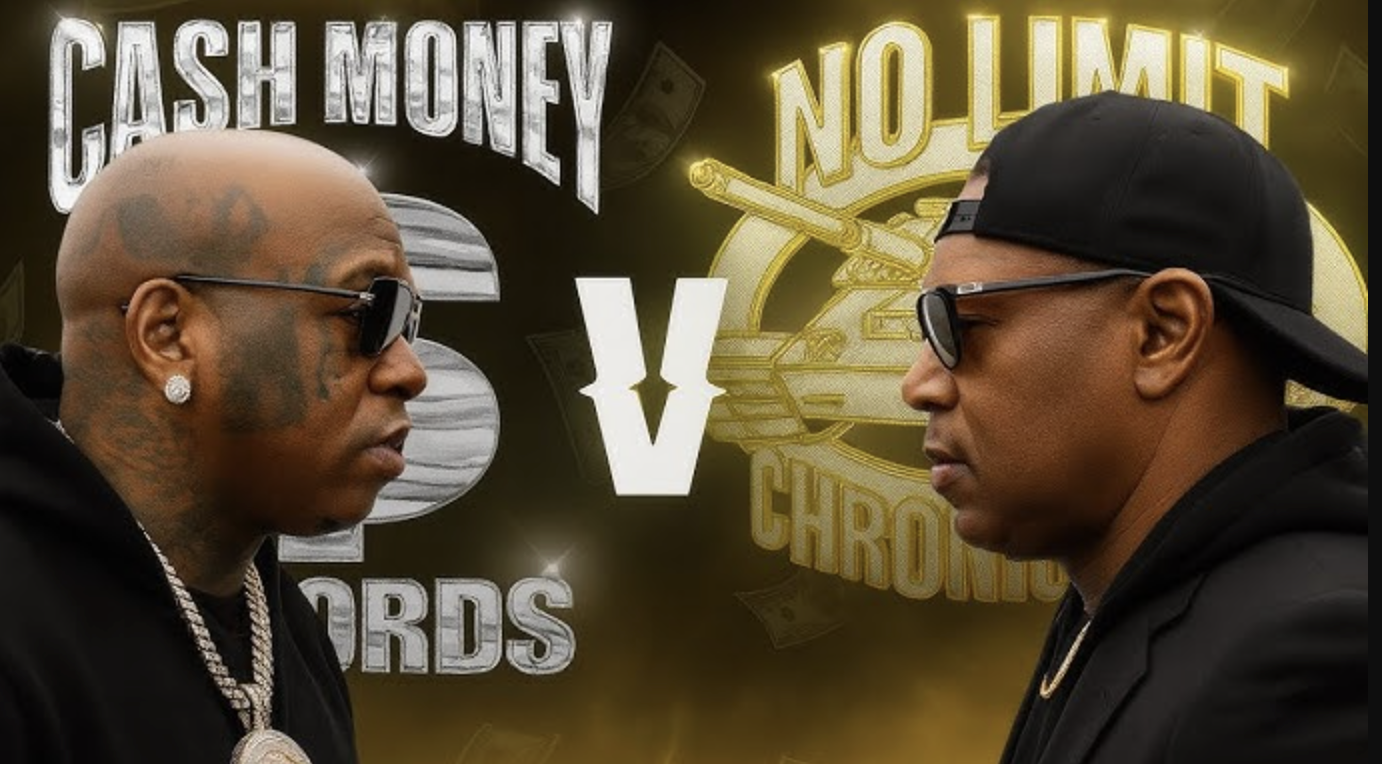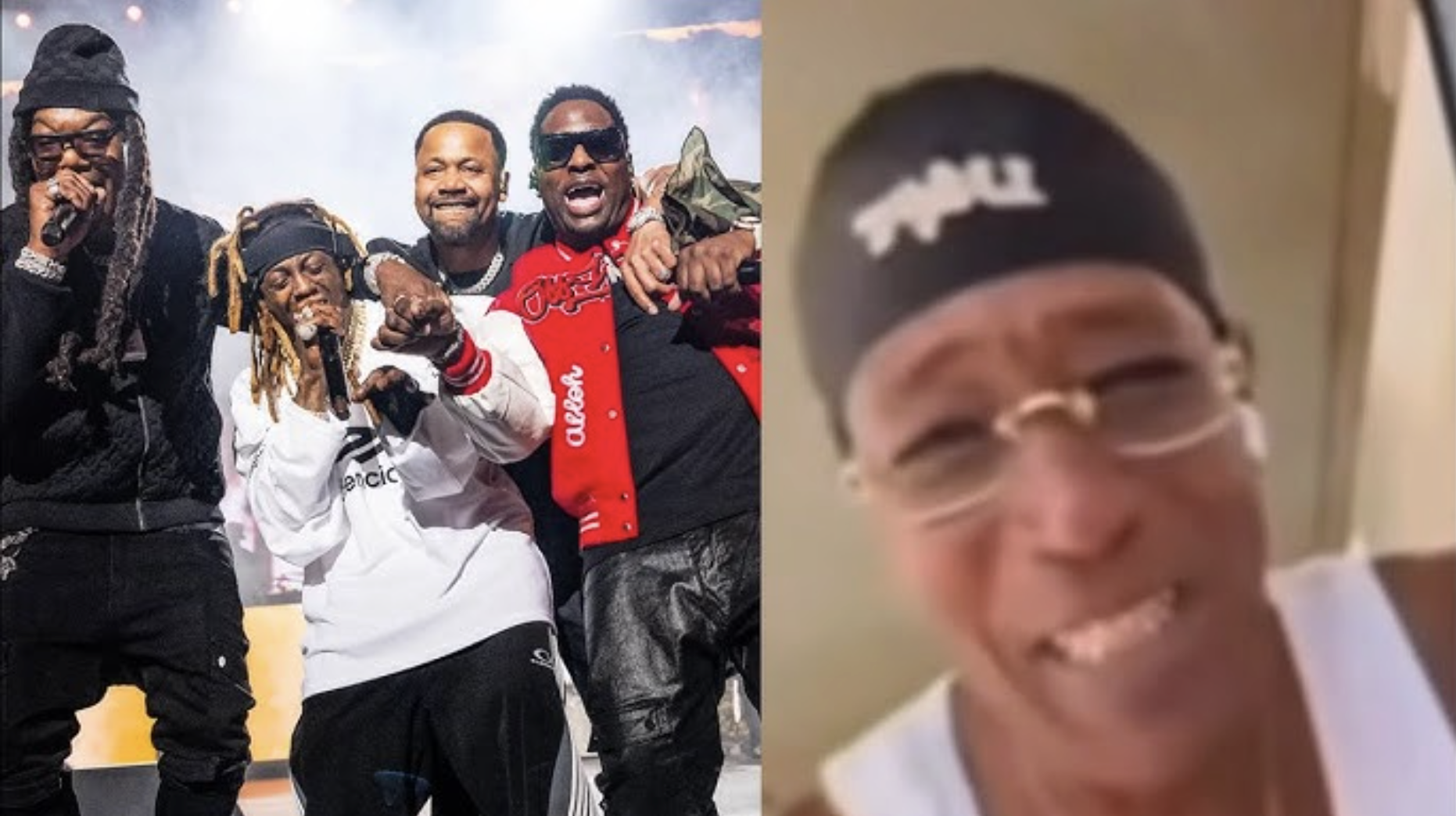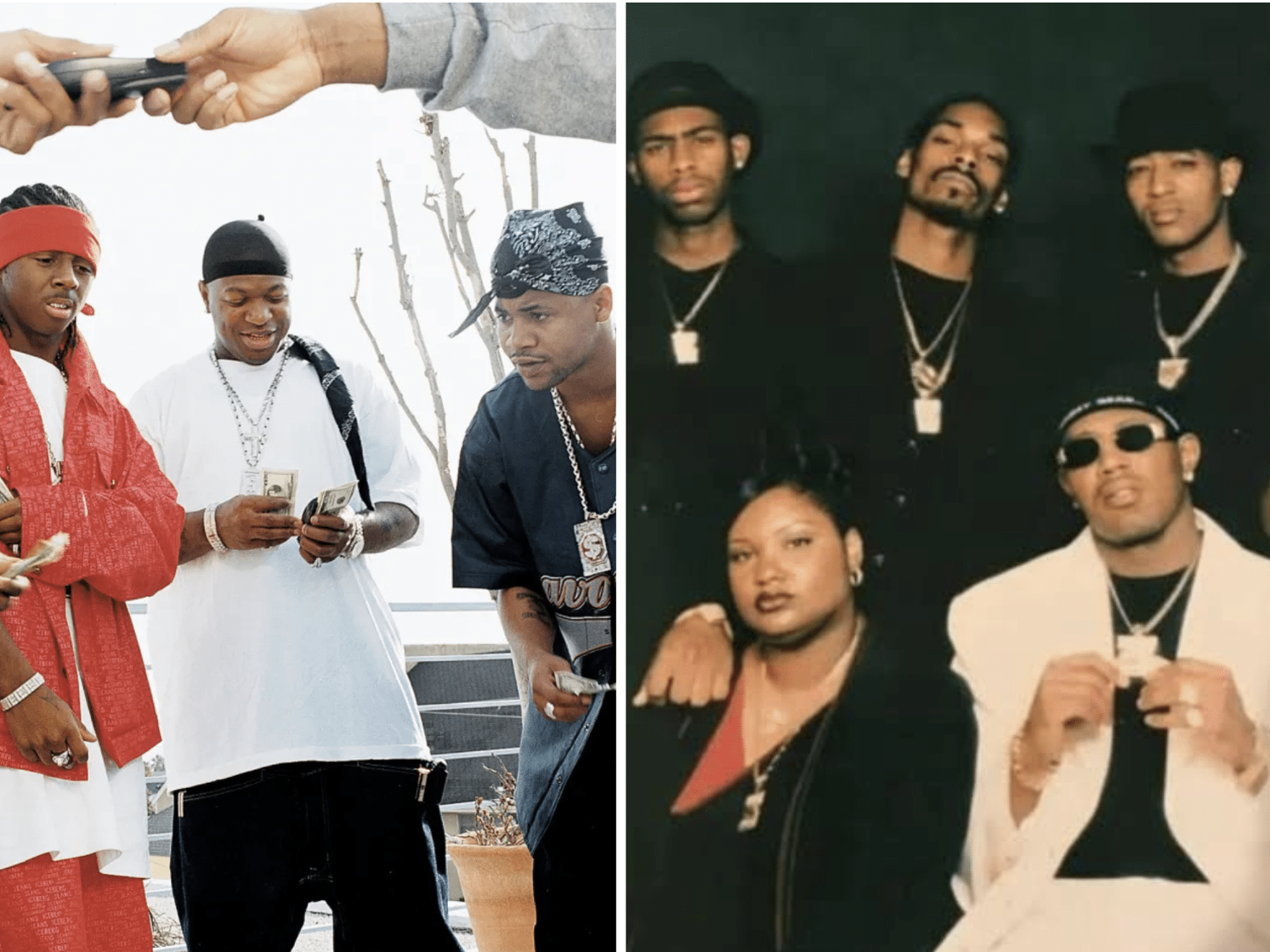The upcoming Verzuz showdown between No Limit and Cash Money Records isn’t just a simple musical battle—it’s a reflection of two legacies that shaped Southern hip-hop in the 1990s and early 2000s. For fans and industry insiders alike, this matchup represents more than who has the bigger hits; it’s about culture, influence, and the lasting impact of these two iconic labels.

No Limit Records, led by Master P, brought a gritty, entrepreneurial energy to the Southern rap scene. Their music often reflected the harsh realities of street life, loyalty, and ambition, with albums and tracks that became instant street anthems. C-Murd3r, Silkk the Shocker, and Mystikal were among the faces of this era, delivering music that not only entertained but also told the stories of their communities. Songs like “Down For My N****s” became more than tracks—they were declarations of brotherhood and loyalty, resonating deeply with fans who lived the lifestyle No Limit portrayed.
On the other side, Cash Money Records carved a different path. Under the guidance of Birdman and Slim, Cash Money became synonymous with flashy production, mainstream appeal, and chart-topping hits. With artists like Juvenile, Lil Wayne, and B.G., Cash Money blended street credibility with radio-friendly anthems. “Back That Azz Up” became a cultural phenomenon, bridging the gap between club music and the rap streets. It showcased the label’s ability to create timeless hits while building a brand that could dominate charts nationwide.

The debate over “Down For My N****s” vs “Back That Azz Up” is more than just musical preference. It’s a study in contrasting philosophies. No Limit’s catalog emphasizes authenticity, hustle, and the rawness of the streets. Cash Money, meanwhile, represents success, wealth, and mainstream dominance. Both labels played pivotal roles in making Southern hip-hop a national powerhouse, but their approaches were fundamentally different.
For decades, fans have debated which label had a bigger cultural impact. No Limit’s influence was visible in street fashion, independent entrepreneurship, and the rise of a do-it-yourself ethos in music. Cash Money’s reach extended into pop culture, with tracks that could simultaneously play in clubs, on the radio, and in mainstream media. The Verzuz battle offers a rare chance to compare these legacies live, track by track, and see whose influence still resonates with audiences today.

C-Murd3r’s Instagram reaction adds another layer to this conversation. He reminds fans that No Limit’s ethos isn’t just nostalgia—it’s a philosophy that still speaks to loyalty, community, and street credibility. His perspective highlights that while Cash Money dominated charts, No Limit dominated hearts. This showdown, therefore, is as much about honoring the roots of Southern hip-hop as it is about entertainment.
As October 25 approaches, the anticipation grows. Fans are eagerly speculating which tracks will be played, which artists will appear, and how the two labels’ distinct energies will clash on stage. This Verzuz isn’t just a battle of songs—it’s a lesson in hip-hop history, a celebration of a movement that defined a generation, and an opportunity for fans new and old to witness the power of Southern rap legends.


